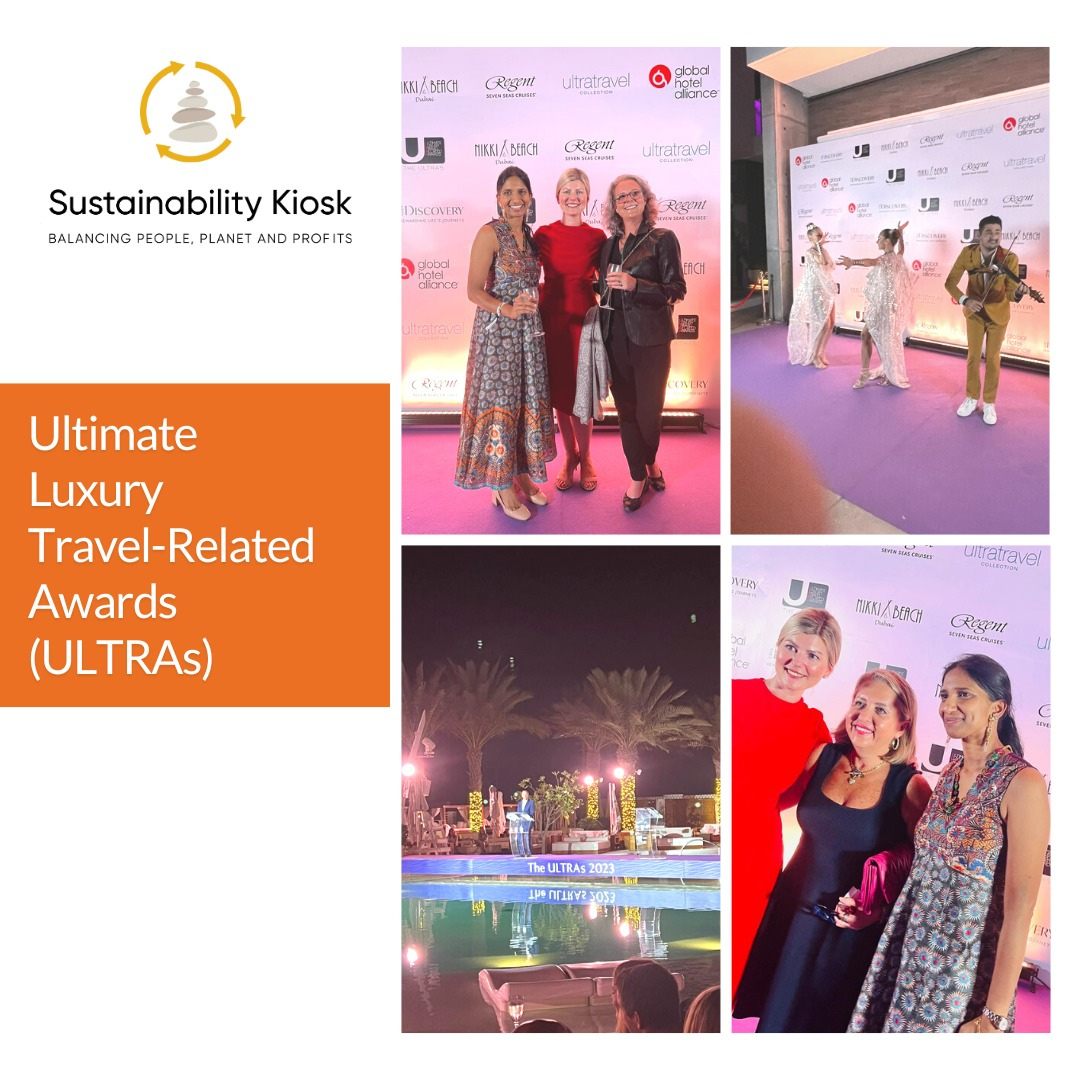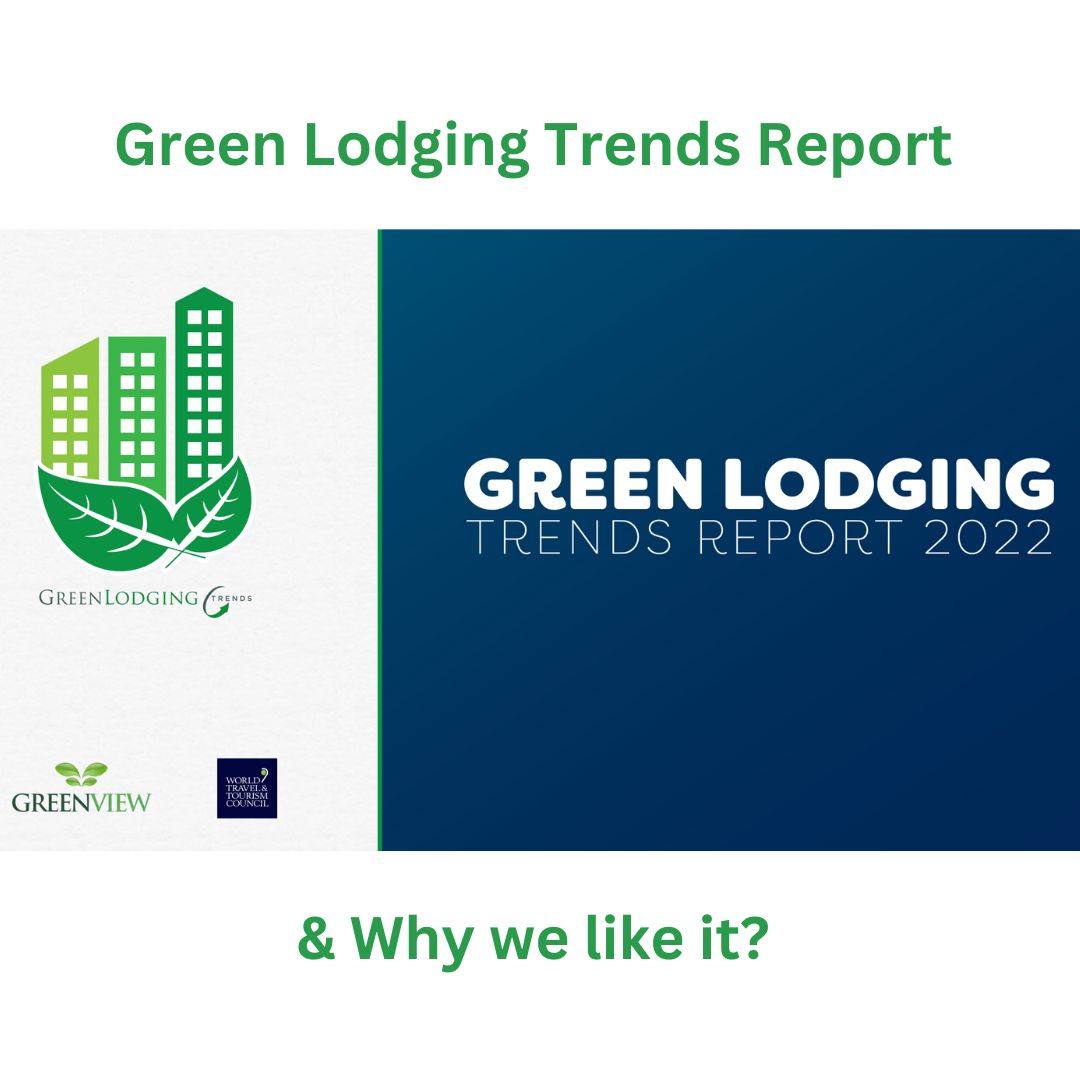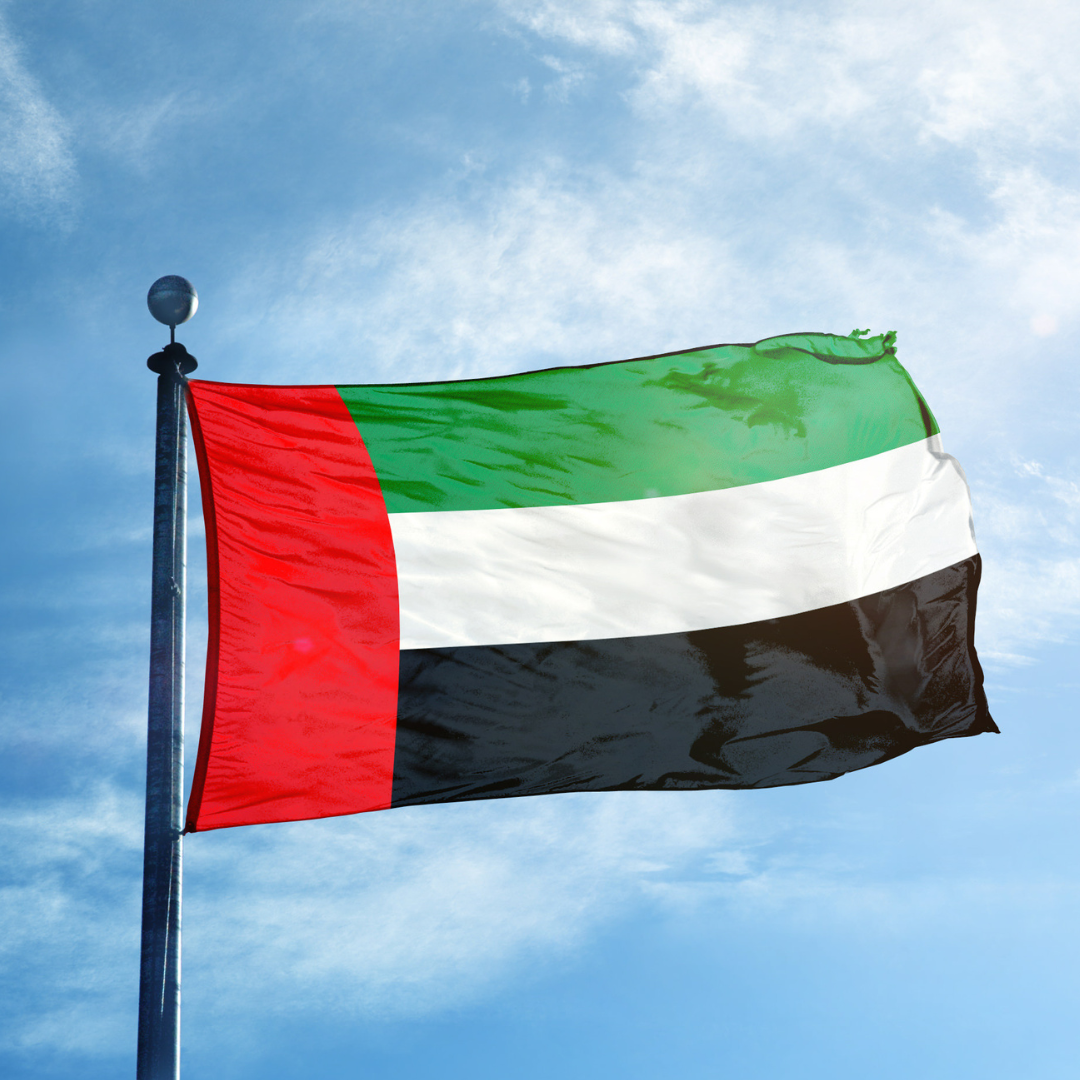Missed any part of the Series? Click the links below.
See the full series by clicking below:
- Series Introduction
- Part 1, The United Arab Emirates
- Part 2, The Kingdom of Saudi Arabia
- Part 3, The Sultanate of Oman
- Part 4, The State of Qatar
Parts 1, through 4 of our series, focussing on Net-Zero in the Middle East Region, we looked at undertakings made by the United Arab Emirates, the Kingdom of Saudi Arabia, the Sultanate of Oman and the State of Qatar; in response to the climate crisis and initiatives, they have implemented for climate action and their commitments to reaching Net-Zero by 2050/60. These targets, if met, will see tremendous reductions in carbon emissions and an increase in their energy mix, diversifying away from carbon.
Though the four counties have very different strategies with their “Visions”, they all see a move away from a predominantly carbon-based economy, with economic and energy diversification as an integral part of their roadmaps. All four nations see tourism as an important, if not an essential, component of their economic diversification strategy. Greater legislation and government initiatives for all sectors, not only the hospitality industry, will significantly transform the region. But, will it be enough for the hospitality industry and the region to claim “Net-Zero”?
What do hotels need to do to become more sustainable with Net-Zero in mind? In Part 5, we take a look.
Becoming a Sustainable Hotel
With nations of the Middle East committing to alternative energy mix targets, the delivered energy to a hotel impacts their carbon footprint. Coupled with on-site production and overall energy reduction strategies, becoming a “Sustainable Hotel” has many benefits. But delivered energy is not the only consideration when considering sustainability and whether a property will reach Net-Zero.
What is a “Sustainable” Hotel?
Sustainable hotels belong to a larger group of sustainable buildings. Buildings that, throughout their lifecycle;
- Create and use more resource-efficient construction, operation, maintenance, renovation, and demolition models.
- An efficient building, putting technology into guest behaviour modifications for reduced resource usage.
- Construction and operations use more renewable energy, producing and or sourcing more renewable energy on-site or through off-site partners.
Like other industries, the hotel sector is a growing industry that needs to limit carbon emissions. To better understand the sector’s current and projected climate impact, research was carried out by The Sustainable Hospitality Alliance, identifying actions required to align with targets set by the Paris Agreement. The Sustainable Hospitality Alliance, “Business Case for Sustainable Hotels”, recommends that Hotel Developers, Investors, Owners and Operators consider investing in sustainable retrofits for the following reasons.
a) Sustainable Hotel Design in new builds and retrofits offers considerable benefits for all stakeholders. The benefits of investing in sustainable hotel design include:
- Boosts Profit Margins through utility savings.
- Increased Revenue through satisfying consumer preferences and reducing reputational risk.
- Future Proof Investment strategies (ESG) environmental, social and governance metrics and brand reputation mitigate risk to reputation and revenue. It opens the doors to green finance.
- Safeguard Against Regulatory Risks, renewable energy is now mostly cheaper than fossil fuels; on-site renewables can increase security and control over supply costs.
b) Recommendations for Hotel Investors and Asset Managers
- Include ESG metrics in investment analysis. Environmental Social and Governance (ESG) metrics enable organisations to identify the performance of current and future hotel assets and correlate a better risk adjustment ROI in the long term.
- Use the opportunities provided by Sustainable finance.
- Prioritised Green incentive schemes. Prioritise investment in countries and cities with government green incentives supporting owners and developments.
- Prioritise investment in sustainable buildings. Sustainable hotels are at least 20% more resource-efficient than their local market counterparts. Investors can develop a well-diversified portfolio of sustainable properties that expand across geographies.
- Inspire long-term action. As building owners change through a building’s lifetime, investors can set a sustainable pathway for the property’s entire life cycle.
c) Recommendation for Hotel Owners and Developers
- Integrate sustainability from the design phase to find the best cost efficiency. Most sustainable solutions represent only zero to 10% cost increase.
- Evaluate your environmental efficiency. Benchmark your portfolio to estimate future energy usage and compare potential options for carbon emission reduction.
- Invest in green building certification. Certification will increase asset value and support ongoing compliance with social and environmental regulations. LEED Certification can be 0 to 2% more of a cost increase. Yet, LEED certification typically saves a property 30 to 50% in energy use, 35% in carbon emissions, 40% in water usage and 70% in solid waste. Certification schemes allow the project to credibly claim sustainable credentials while not adding too much to the overall costs.
- Use green financing for new buildings and retrofits. Owners can benefit from lower interest rates.
- Use green clauses with hotel operators. Green leases can align the financial and energy benefits and help share the costs and responsibilities between owners and operators.
d) Recommendations for Hotel Operators
- Invest in sustainable solutions for immediate savings. Sustainable practises costs are lower than perceived, often providing immediate financial savings or payback periods of less than one year.
- Mainstream sustainability in new developments and retrofits. The earliest development stages are the most cost-efficient point to incorporate sustainable design to ensure operational efficiency. Operators typically invest in retrofits improving energy efficiency throughout building services, HVAC systems and equipment improvements, lighting, refrigeration and building controls. These measures bring considerable reductions in energy use and carbon emissions, with ROI periods ranging from 1 to 10 years.
- Measure, report and analyse your resource usage. Evaluate energy and water usage to identify inefficiencies.
- Switch your energy and electric supply to renewable sources. Renewable energy is one of the most efficient ways to decarbonise your property with little or no cost increase quickly.
- Communicate your sustainability goals and actions. Positive examples will encourage further support from your business partners, particularly building owners and enable customers to see your values.
e) Benefits of Sustainable Operations.
Of course, there are clear commercial benefits that come from investing the time and money to operate more efficiently.
- Reduce the cost of utility bills by using resources more efficiently. Many hotels find they can consume 20 per cent less energy and water through simple resource-saving measures.
- Waste disposal costs can be lowered by avoiding products with excess packaging, sourcing sustainably, reusing materials elsewhere in the hotel and sorting waste for recycling.
- The cost of other products and services can be reduced by using what you purchase more efficiently. For example, in the case of over-ordering food and so on.
- Environmental training can result in a payback per team member of fewer than six months.
- Reduce exposure risk of being fined for failing to meet legislation requirements.
- Anticipating legislation that may be forthcoming in the future will allow you to make the necessary investment on a planned basis.
Additional benefits and incentives to operating in a more sustainable manner include:
- Ensuring brand reputation is retained.
- Keeping pace with consumer attitudes.
- Being able to attract and retain staff that want to work for a responsible employer.
- Having local responsibilities such as being a good community neighbour.
- Building good local relationships.
- Hiring and sourcing from the community.
Becoming Net-Zero
Having a sustainable building and framework for operations is one thing, but how does a property account for carbon to become genuinely “Net-Zero”? The International Tourism Partnership (ITP), in collaboration with Greenview, commissioned the “Hotel Decarbonisation Report issued in November 2017”. The report aims to better understand the impact of climate on the hotel sector and what impactful actions the sector could take to ensure future targets are based on science. Growth in the sector doesn’t also translate to growth in carbon emissions.
Science-Based Targets
Science-Based Targets refer to the targets set by scientists based on the science of climate change, limiting average global temperature rise by 2 degrees. The 2-degree scenario requires a 50-80% global emissions reduction by 2050 from 2010 levels. The report found that to keep pace, and the global hotel industry will need to reduce its greenhouse gas (GHG) emissions per room per year by 66% from 2010 levels by 2030 and 90% by 2050. This reduction is above and beyond what most hotel companies have set for carbon targets. The report revealed that it is no longer credible to set simple efficiency targets; targets must be science-based.
Guidelines
The report offers a clear set of guidelines which include:
Next Generation thinking about sustainability. The hotel industry will need to advance its technological solutions and organisational approach to reducing carbon. Technical approaches to reducing carbon will need to be:
- More efficient: perusing efficient technology, FFE and best practise in operations.
- More Renewable: energy sourced from on-site renewable sources, innovative energy partners, and supporting power grids that move away from fossil fuels.
- More electrified: supporting the transition to equipment electrification and building an infrastructure to generate, store and distribute electricity across a network.
Hotel industry leaders will need to support an evolution of thought and approach to their operations.
- Evolve how energy and carbon are valued. Address sustainability and understand the financial risk of inaction. Setting internal pricing and expanding managerial accounting on carbon and begin to view energy as a fixed- cost asset rather than variable-cost of operation.
- Evolve how capital is sourced for sustainability: expand and innovate in available funding mechanisms. Evolve how capital is spent: establish corporate mandates to evaluate spending on climate change action, rethink renovation cycles, fund carbon research and development for hotels, and embed carbon reduction opportunities into charitable giving channels.
- Evolve collaborative approaches to climate action: increase collaboration focus to the destination level.
- Evolve how climate action is communicated: refresh internal company dialogue on climate change and company strategy to carbon reduction; set additional targets focusing on renewable energy with positive increases; establish forums for discussion on these issues with hotel owners and developers; engage guests around solutions, and improve transparency on climate risk to investors.
Carbon Scope 1, 2 and 3
Energy efficiency alone will be insufficient to meet the target. Though new builds may achieve significant reductions in energy intensity of 30-40%, given the current best practices and capital cycles of building envelopes and heating, ventilation, and air conditioning (HVAC) equipment, hotels will need to add renewable energy as a component to reducing carbon intensity. These additions will require a more rapid adoption of new technology, industry collaboration, and restructuring energy as part of a company’s budgeting processes.
Stakeholders must understand that much work currently being done within organisations refers to “Operational Energy”, the energy that goes into running the operations, such as kitchens, heating and cooling systems, etc. However, the report suggests, “Net-Zero Methodology for Hotels”, that the full scope of all energy being used should be accounted for. Those are operational aspects (Scope 1 & 2, operational and financial) and those used by the supply chain (Scope 3, purchased goods & services and other potential sources of emissions associated with a hotel’s value chain). The hospitality industry’s supply chain is somewhat complex, amounting to several hundreds of suppliers, so recommended strategies are listed and need to be considered when assessing the metrics for Net-Zero.
Embodied Carbon
Another essential consideration when discussing Net-Zero is to recognise “Embodied Carbon” Embodied carbon refers to all the CO2 emitted in producing materials. It is estimated from the energy used to transport raw materials as well as emissions from manufacturing processes. The embodied carbon of a building includes emissions from the construction materials, the building process, all the fixtures and fittings inside, and from deconstructing and disposing of it at the end of its lifetime. It is essential to recognise this when considering the lifecycle of the building, especially as hotels have a regular cycle of refurbishments and upgrades. This embodied carbon is a critical component to understanding a hotel’s true footprint.
So, What Does Net-Zero mean for the Hospitality Industry in the Middle East Region?
The United Arab Emirates, Kingdom of Saudi Arabia, Sultanate of Oman, and The State of Qatar have all undertaken ambitious goals and projects to diversify their economies away from carbon. Tourism is an essential revenue generator, and investment in this area has been substantial in many cases. Sustainability initiatives have been implemented across many sectors of their governments, paying attention to all aspects of the UNSDGs. The commitment to diversifying their energy mix is also evident. Legislative guidelines have been implemented in Dubai so that all hotels must report on sustainability targets, including energy and waste metrics. Saudi Arabia has ambitious goals for regenerative tourism, greening and renewable infrastructure projects. All the initiatives implemented and the “Visions” these nations have for themselves and the region looking toward the future are indeed inspiring. In order for the Hospitality industry to reach Net-Zero, the industry as a whole needs to commit to the decarbonising roadmap and change its thinking. Even with these commitments, embodied carbon from decades of rapid development cannot be ignored. It will undoubtedly contribute negatively to their Net-Zero aspirations in the long term.
See the full series by clicking below:
- Series Introduction
- Part 1, The United Arab Emirates
- Part 2, The Kingdom of Saudi Arabia
- Part 3, The Sultanate of Oman
- Part 4, The State of Qatar
- Part 5, Becoming a Sustainable Hotel & Summary
Written By: Tiffany McGrath








